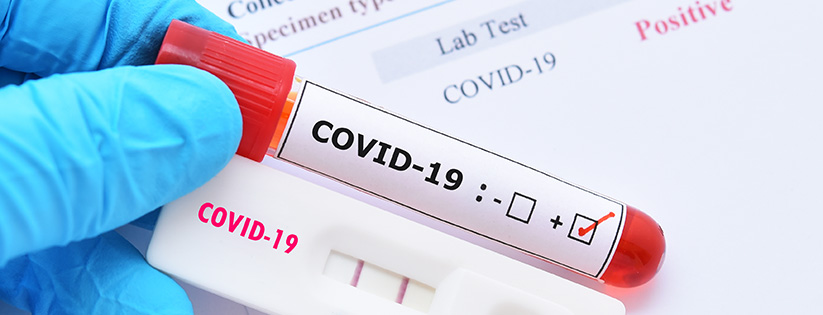As the COVID-19 Public Health Emergency (PHE) continues, healthcare systems and providers are finding their place in the process. When the pandemic was initially declared, the CDC and public health laboratories were responsible for testing. Still, now more commercial labs of all sizes are interested in providing the testing or collection capabilities.
In a recent poll conducted by a leading laboratory consulting group, there are currently only about 6% of commercial labs that are validated for COVID-19 testing, with another 28% in the process of becoming compliant to perform testing. To date, the remaining 66% of labs are referencing out their testing, and only about 28% of those labs are planning on setting up drive-thru testing sites.
Considerations When Setting Up COVID-19 Testing
While we are still watching things unfold in real-time, there are laboratories considering joining the COVID-19 testing effort. Whether you are planning to start a COVID-19 testing lab or adding the capabilities to an existing lab, here are several things to evaluate when moving forward:
- Facility and Equipment Considerations
- To date, there are over 45 different In Vitro Diagnostics (IVD) testing options available for COVID-19.
- Only CLIA certified high-complexity laboratories with experience developing and validating molecular diagnostics for viral pathogens are eligible.
- Using an accelerated template approved by the FDA, Emergency Use Authorization (EUA) approval is required.
- Laboratory Developed Test (LDT) validation can cost upwards of $20K but would allow the process without long waiting lists.
- LDT would require a High-Complexity Lab designation, which demands more rigorous staff qualifications.
- Equipment costs vary widely and are dependent on the level of automation and throughput requirements that can cost as much as $300K new.
- Refurbished equipment can often be found for under $100K.
- In addition to the capital equipment costs associated with set up, there is also the per test cost of $25/35 per sample for reagents, swabs, handling, etc.
- Reimbursement Considerations
- For Medicare, the Centers for Medicare and Medicaid Services (CMS) approved a higher reimbursement payment of $100, effective April 14, 2020.
- High throughput labs doing greater than 200 tests per day are eligible for the increased payment.
- In increasing the per test reimbursement rate and also increasing new specimen collection fees, CMS is hoping to increase testing availability for nursing home residents as well as homebound and non-hospital inpatients.
- Commercial insurers, including United Healthcare and CIGNA, are vague, but state that they will reimburse according to the CARES Act, signed into law on March 27, 2020.
- Coding and Billing
- Added complexity with the reimbursement of COVID-19 testing is two-fold:
- First, there are new codes effective April 2020, that impact CPT, DRG, and ICD-10-CM coding functions, and
- Second, effectively scaling with the appropriate level of qualified coding and billing specialists to meet ever-changing demand.
- Engaging a third-party partner alleviates these problems by shifting the responsibility for providing a scalable workforce that is educated on current coding changes/upgrades and allows a seamless flow to mitigate reimbursement problems.
- Added complexity with the reimbursement of COVID-19 testing is two-fold:
There is ample opportunity in the COVID-19 testing environment going forward, and it appears that the need will long outlive the PHE we are currently living within. As the curve continues to flatten, we are all anxiously waiting to see how the virus will behave as people begin to emerge from stay-at-home orders and circulate in public once again. Regardless, we are only a few short months from Fall and the retesting of a new “flu season”.
Contact us to learn more about how we can help you maximize your reimbursement.
